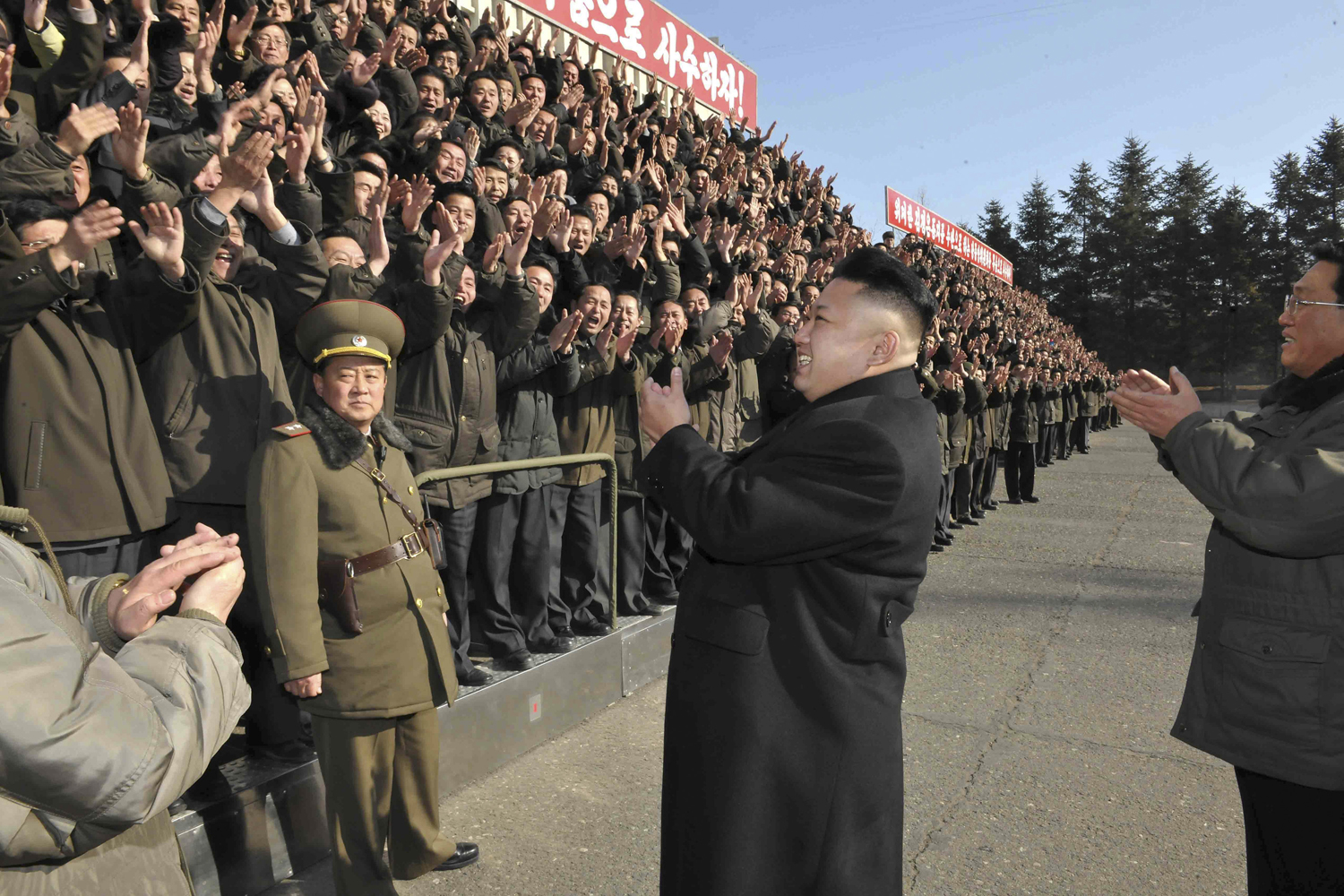
Rape, summary executions, slavery and mass imprisonment are among the horrors the North Korean regime routinely inflicts upon its own population to maintain its Stalinist political system, claims a searing new report by the U.N.’s Human Rights Council.
According to an advanced outline leaked to the Associated Press, the U.N.’s Commission of Inquiry (COI) says Kim Jong Un’s government is involved in “extermination, crimes against humanity against starving populations and a widespread campaign of abductions of individuals in South Korea and Japan.”
The dossier, due for official release on Monday, is largely based on testimony provided by those fleeing the Hermit Kingdom. Although details of atrocities committed by Pyongyang have long been known, the report is the harshest rebuke of Kim’s government by the U.N. to date.
“The U.N. COI is long overdue in recognizing the seriousness of this issue, and it is crucial for helping the international community understand the urgent need to put more attention on this and increase support for the North Korean people,” Sokeel Park, director of research and strategy at Liberty in North Korea, tells TIME from Seoul.
Based on the commission’s findings, the U.N. says the groundwork has been laid that could “merit a criminal investigation by a competent national or international organ of justice.” However, given North Korea’s ongoing pariah status, any legal action is extremely unlikely.
Monday’s report comes on the heels of a new deal ironed out by the two Koreas on Friday for the resumption of family reunions. This comes despite upcoming joint military drills between the U.S. and Seoul, which the North has long protested.
Also included were provisions to prevent the neighbors “slandering” each other in the future, although Park notes this was probably a pre-emptive move by the North to tie the “South Korean government’s hands in terms of what they can say about the [COI’s] findings.” The document has been long anticipated since the three-member commission was set up in March last year.
An estimated 80,000 to 120,000 political prisoners are currently incarcerated by the North Korean state, but many believe this figure ignores significant numbers forced to toil in labor camps for minor offenses, including watching blacklisted television shows.
Since seizing the reins of power, Kim Jong Un has purged several of his father’s closet advisers and associates, including the high-profile execution of his uncle Jang Sang Thaek in December. The young despot has also cracked down on defectors hoping to flee the country, reportedly slashing the number of desertions by half.
The Korean Peninsula was divided after an armistice was signed in 1953 following three years of brutal civil war. Since the partition, the South has experienced incredible growth and is now one of the most developed countries in the world, while the North has withered under ironfisted rule by the Kim clan.
More Must-Reads from TIME
- Donald Trump Is TIME's 2024 Person of the Year
- Why We Chose Trump as Person of the Year
- Is Intermittent Fasting Good or Bad for You?
- The 100 Must-Read Books of 2024
- The 20 Best Christmas TV Episodes
- Column: If Optimism Feels Ridiculous Now, Try Hope
- The Future of Climate Action Is Trade Policy
- Merle Bombardieri Is Helping People Make the Baby Decision
Contact us at letters@time.com